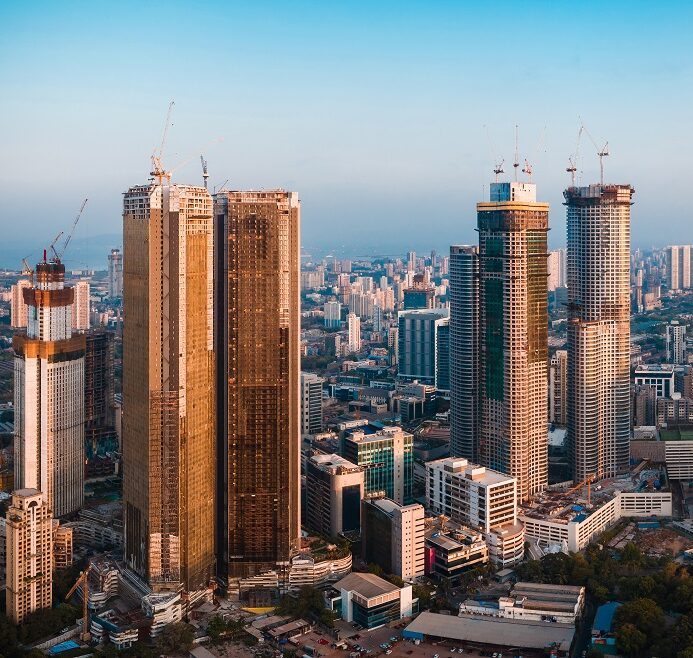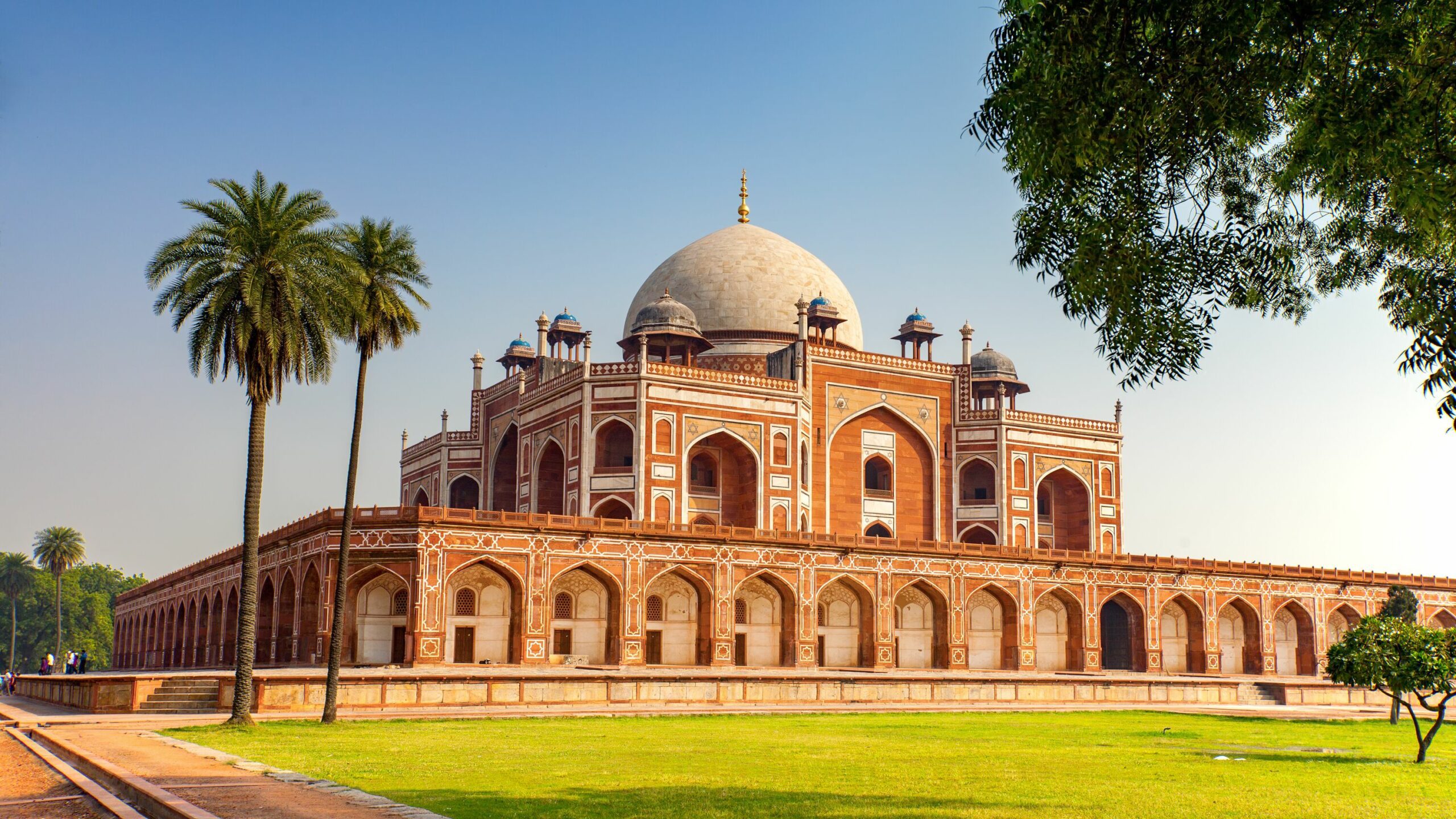
Country Overview
India is the second most populous country in the world, with over 1.3 billion people. It is a diverse country with many different cultures and languages, and it has a rich history and cultural heritage. India is a democratic republic with a parliamentary system of government. It is a rapidly developing country with a growing economy and a large middle class. India is also home to a large number of multinational companies, which have set up operations in the country to take advantage of its large pool of skilled labor.

